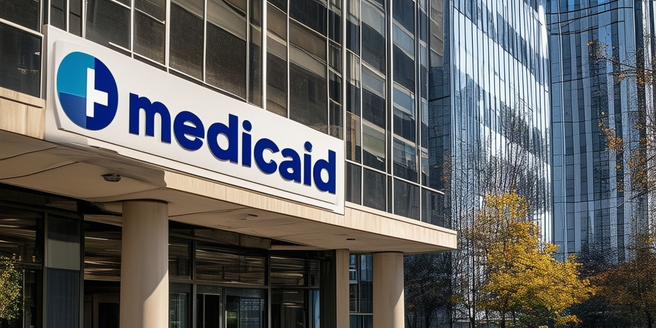Understanding the Importance of Health Insurance When Unemployed
Experiencing unemployment can be taxing, yet health insurance’s value in such times is critical, serving as a financial shield against high medical expenses. Absence of such coverage can lead to overwhelming medical bills and potentially catastrophic financial trouble. However, joblessness shouldn’t mean compromising on essential healthcare or necessary medications due to cost concerns. Various alternatives for health insurance exist outside of employment, such as government-backed programs, independent coverage, or the Health Insurance Marketplace. These options provide various plans, ensuring everyone, regardless of job status, can access affordable health coverage. Maintaining health and seeking necessary medical help remain top priorities regardless of employment status, as access to essential health services is a fundamental right and crucial for good health.
Government Health Insurance Options for the Unemployed
While it’s often misunderstood that healthcare coverage is only available through private insurance, there are actually numerous government initiatives designed to assist those unemployed in maintaining health coverage. One such program is the Consolidated Omnibus Budget Reconciliation Act, commonly known as COBRA, which allows former employees to continue their job-based insurance for a fixed term after their employment ends. Another initiative is Medicaid, a major government health insurance program for individuals and families with limited income. But it should be noted that Medicaid eligibility is subject to income checks and certain restrictions. Despite these, the existence of COBRA and Medicaid significantly broadens health coverage options beyond private insurance for those who are unemployed.
Private Health Insurance Choices for Individuals Without a Job
When jobless, you might consider direct private insurance as an alternative – acquiring your own policy from an insurance company in lieu of an employer-based plan. This significant decision is subject to factors such as cost and coverage. When considering direct private insurance, it’s important to meticulously review the policy details, understanding the associated costs, medical services, facilities covered, pharmaceutical coverage, and applicable deductibles. Keep in mind that premiums for this insurance type might be high, attributable to the absence of an employers’ sharing of premium costs and lack of a large risk pool typically present in group insurance plans. Nonetheless, direct private insurance provides flexibility, allowing for tailored insurance plans to fit your unique healthcare needs – whether that be a specific medical condition, broad coverage for various eventualities, or preventive healthcare. This allows customization based on your life and health needs.
Healthcare Marketplace: A Guide for the Unemployed
A great place to start looking for health insurance during unemployment is the Healthcare Marketplace. It’s an online platform where you can compare and buy plans, often at a lower cost. The website offers a variety of plans from different insurance companies, giving you a wide range of options to choose from. Keep in mind, it’s important to thoroughly review each plan and make sure it fits your personal healthcare needs. You can apply for coverage, compare plans, and enroll in a policy directly through the website. Special enrollment periods may be available if you’ve recently lost your job.
Medicaid and Unemployment: What You Need to Know
Medicaid is a state-operated health coverage program designed to provide free or low-cost health coverage to those with limited income, serving as a significant relief for individuals who struggle with the cost of regular insurance. A significant feature of Medicaid is its income-based eligibility criteria, which makes it accessible during periods of unemployment or income drop, offering a way to access health services without financial strain. Not simply a temporary solution, Medicaid acts as a crucial safety net until a new job or different health insurance can be secured, serving as a transitional health coverage from financial lows to more stable situations. However, the application process for Medicaid varies by state due to local government regulations, hence it’s recommended to familiarize oneself with the process relevant to your state to secure this vital health coverage during uncertain times.
Long-Term Strategies for Health Insurance after Job Loss
Losing your job doesn’t necessarily mean losing health insurance. You have options like extending your employer’s coverage through COBRA, signing up for an ACA health plan, Medicaid, or a spouse’s employer-sponsored plan. These alternatives can be a lifeline, providing critical coverage during a time of unexpected change. Bear in mind that most of these options are contingent on specific eligibility requirements. Each of these options has its own unique benefits and drawbacks, so it’s important to carefully consider them. In the long-term, a combination of these options can help ensure you’re never without coverage. It’s a good idea to review your options soon after losing your job.



